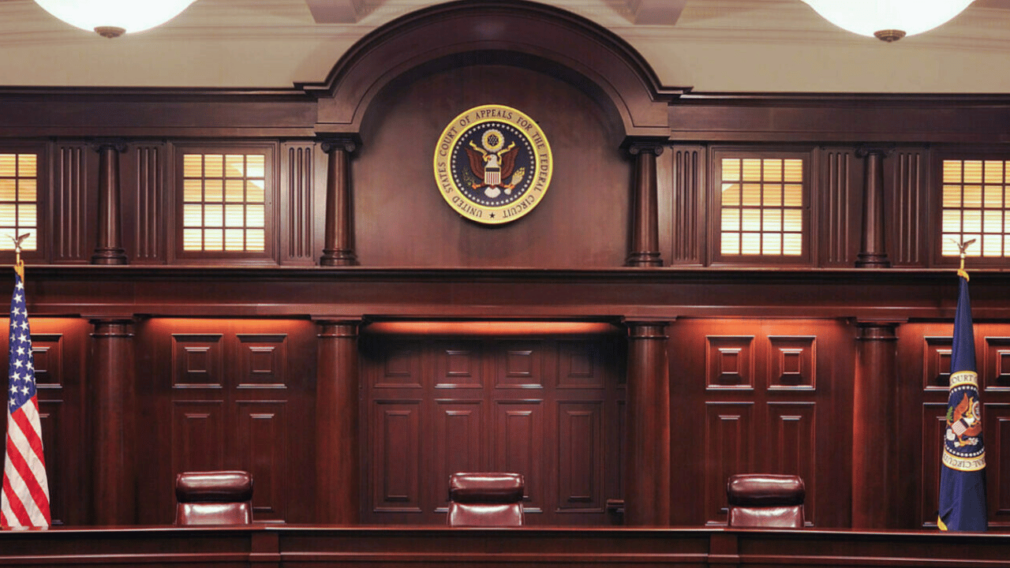U.S. Appeals Court Hears Debate Over Election Betting Markets
Last week, the D.C. Circuit Court of Appeals held a hearing between the Commodity Futures Trading Commission (CFTC) and Kalshi, a regulated prediction market platform. The case centers on the legality of Kalshi’s political event contracts, specifically those tied to Congressional election outcomes.

Betting or Financial Tool?
The CFTC argued that Kalshi’s election contracts are closer to gambling than financial instruments. Labeling the platform as an “online casino,” the agency contended that these contracts violate state gambling laws by allowing bets on election results.
Additional concerns raised by the CFTC included:
- Market Manipulation Risks: Election contracts could incentivize attempts to interfere with democratic processes.
- Regulatory Oversight: The agency asserts its authority to evaluate whether event contracts are legally permissible.
- State Gambling Laws: Allowing such markets might blur the lines between regulated financial products and prohibited betting activities.
The CFTC requested the appellate court overturn a lower court ruling that permitted Kalshi to offer these contracts.
Kalshi’s Defense
Kalshi countered the CFTC’s claims, emphasizing the legitimacy and utility of prediction markets. The platform argued that election contracts provide:
- Valuable Public Insights: These markets aggregate opinions, offering a snapshot of public sentiment on political outcomes.
- Economic Hedging Opportunities: Businesses and individuals can mitigate risks tied to election results, such as policy changes.
- Appropriate Regulation: Kalshi insisted that the CFTC’s broad interpretation of its regulatory authority oversteps its mandate, as these markets are not traditional gambling.
Furthermore, Kalshi highlighted that Congress never explicitly granted the CFTC the power to ban prediction markets, making its regulatory stance questionable.
A Broader Look at Prediction Market Scrutiny
The Kalshi case is part of a larger challenge facing the CFTC as prediction markets evolve. Platforms like Crypto.com, Polymarket, and Kalshi are testing regulatory boundaries with contracts tied to elections, sports events, and other high-profile occurrences.
Crypto.com recently introduced contracts allowing users to speculate on major sports events, including the Super Bowl. This has sparked an investigation by the CFTC, which is concerned these contracts bypass state-specific gambling laws. Crypto.com’s use of vague descriptions instead of official event names complicates regulatory oversight.
Polymarket, another prediction market, claims to restrict U.S. users to comply with regulations. However, the CFTC remains skeptical and continues to investigate how U.S.-based users might access the platform. Polymarket’s focus on events like sports championships closely resembles traditional betting, further blurring legal lines.
Recommended
